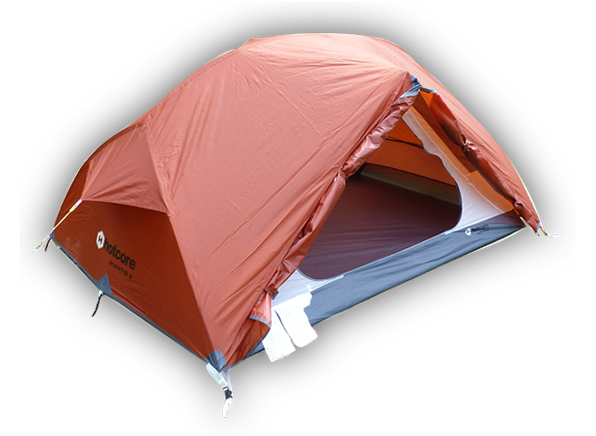BLAST OFF!
How can you explore the stars while staying close to home?
Build your own rocket to find out something about how real astronauts travel to space. Explore the night sky or peruse a map of the moon to get to know the world beyond our planet. Imagine setting out on a space mission—what skills do you need to master to be prepared? How would it feel to take a journey beyond Earth?
These are just some of the ways you can experience outer space from home—read on to discover more!
Sign up for your weekly adventure!
Share This Page:


 NASA at Home
NASA at Home Mad Science at Home
Mad Science at Home